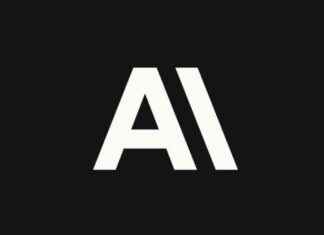The SPD is calling for a higher burden on top earners and a reform of the debt brake in order to finance additional investments of around 100 billion euros annually. “Citizens with the highest incomes can finance the challenges of transformation from their own resources and make a greater contribution to the common good,” says the key proposal for the federal party conference, which the SPD presidium wants to discuss on Monday. The draft resolution is available to stern. The editorial network Germany (RND) first reported.
In it, the Social Democrats are calling for a “fundamental income tax reform” from which the majority of taxpayers (“around 95 percent”) should benefit. Top earners are supposed to finance the relief by “those who are subject to rich tax, additionally contributing a temporary crisis levy.” The inheritance and gift tax should also be reformed so that “multimillionaires and billionaires contribute more to the common good.” The SPD wants to continue the solidarity surcharge, which must be paid by higher income classes, and “re-establish it as a future tax”. The specific amount of taxes for top earners and the super-rich is not quantified in detail in the paper.
Are you interested in politics? Subscribe to our free capital newsletter – and read the most important information of the week, selected for you by our Berlin politics experts!
In the draft resolution, the debt brake “in its current form” is described as a “location and prosperity risk” for Germany, which no longer reflects economic realities and slows down necessary investments. “We want to change the debt rules,” they say, which is why they continue to campaign for a change to the Basic Law. “In the short term, we will modernize the debt brake, focus it more on investments and make it fairer for future generations.” The Social Democrats are proposing a reform of the economic component, which would make the debt scope dependent on investments in the productive capacity of the economy. For the planned investments, the SPD wants to set up a “Germany Fund”, which will be fed by government borrowings via the capital market and private capital from investors.
The key motion is to be presented at the SPD federal party conference at the beginning of December. The plans hold plenty of potential for conflict for the traffic light coalition. In particular, the FDP firmly rejects any relaxation of the debt brake.










